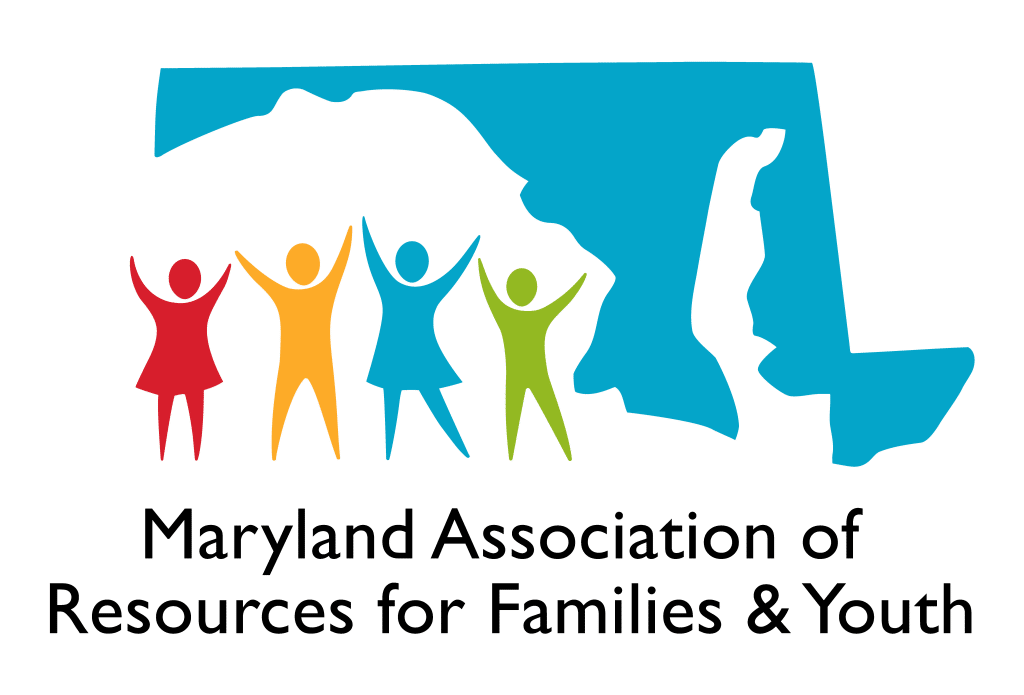Esto forma parte de una serie especial, ofrecida por el Instituto de Normas para la Excelencia, para proporcionar a los líderes de organizaciones sin ánimo de lucro un breve consejo semanal sobre gobernanza y gestión de organizaciones sin ánimo de lucro a lo largo de 2020. Esperamos que estos breves consejos le sean útiles a usted y a las organizaciones sin fines de lucro a las que sirve. Si tiene sugerencias para temas futuros, envíelas a acmadsen@standardsforexcellence.org.
Earlier this week, I answered my home phone and a paid fundraiser working for a nonprofit that my family and I have supported for years was on the line. Despite our past support, the call was a challenging one where the caller informed me that she was interested in speaking with my spouse about this institution (and was not interested in speaking with me). This really rubbed me the wrong way because my husband and I both have the same connection to the organization and because I coordinate much of our family’s charitable giving. When the conversation was over, I felt intensely disrespected and belittled due to the comments that the paid fundraiser made to me.
Nonprofits need to do all that they can do to treat donors respectfully and professionally. The Standards for Excellence: An Ethics and Accountability Code for the Nonprofit Sector states that “solicitations should be free from undue influence or excessive pressure, and should be respectful of the needs and interests of the donor or potential donor.”
 How does your nonprofit ensure that you are respectful of these needs and interests? What can you do to ensure that those raising money are your behalf are positive and helpful ambassadors for your nonprofit organization? With solicitations flooding our inboxes, I heartily encourage you to include yourself on the list of individuals who receive them (all written, verbal, and virtual!). Put yourself in the position of a donor who may not interact with your organization daily or even monthly. Is it possible that your solicitations may be considered disrespectful, distasteful, or offensive? Take the time to test your messages with your audiences and make adjustments as needed.
How does your nonprofit ensure that you are respectful of these needs and interests? What can you do to ensure that those raising money are your behalf are positive and helpful ambassadors for your nonprofit organization? With solicitations flooding our inboxes, I heartily encourage you to include yourself on the list of individuals who receive them (all written, verbal, and virtual!). Put yourself in the position of a donor who may not interact with your organization daily or even monthly. Is it possible that your solicitations may be considered disrespectful, distasteful, or offensive? Take the time to test your messages with your audiences and make adjustments as needed.
More information is available and helpful models and samples are available in the Standards for Excellence educational resource packet, Fundraising, Solicitation , Acceptance of Gifts, Working with Donors, which includes discussions and helpful resources on: Donor relationships and donor privacy, donor intent, acceptance of gifts, fundraising policies, as well as online fundraising. Members of Maryland Nonprofits have access to this and all 27 Standards for Excellence Educational Resource Packets through the member portal.
Esto forma parte de una serie especial, ofrecida por el Instituto de Normas para la Excelencia, para proporcionar a los líderes de organizaciones sin ánimo de lucro un breve consejo semanal sobre gobernanza y gestión de organizaciones sin ánimo de lucro a lo largo de 2020. Esperamos que estos breves consejos le sean útiles a usted y a las organizaciones sin fines de lucro a las que sirve. Si tiene sugerencias para futuros temas, envíelas a Amy Coates Madsen.
Blog Post: ¿Qué debe incluir el informe anual de nuestra organización sin ánimo de lucro?







